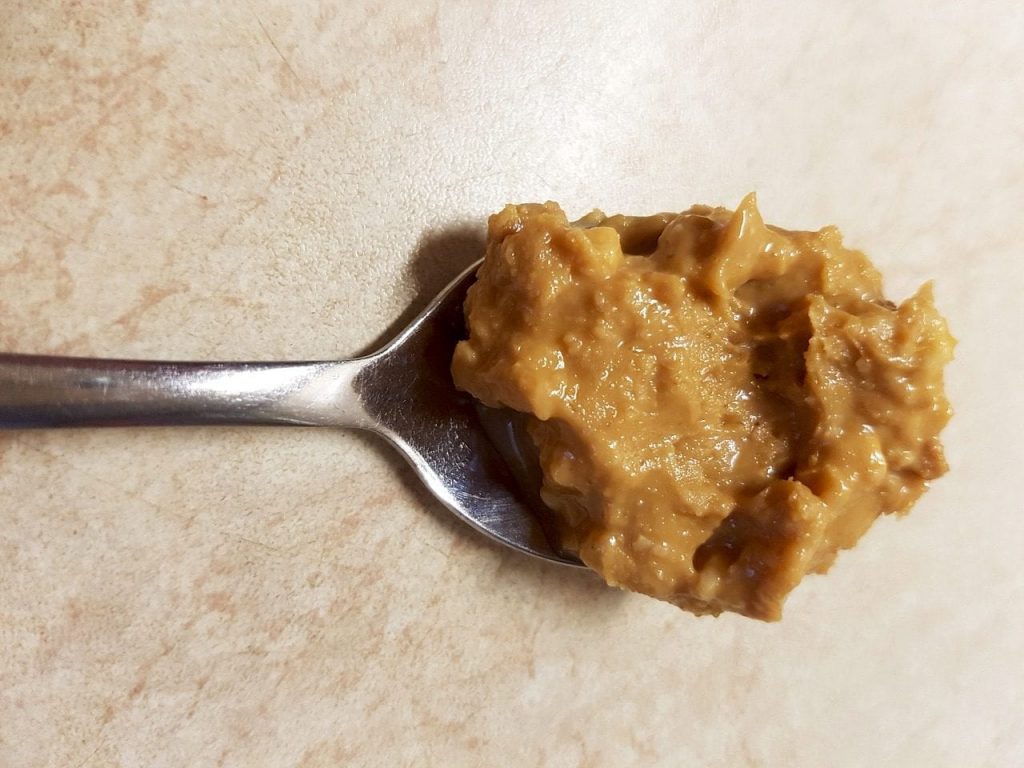Being one of the most popular spreads, peanut butter is loved around the world. The texture comes in two varieties – smooth or crunchy – either way, it tastes delicious!
However, how familiar are you with the nutritional aspects? Here are some fun facts about peanut butter you need to know!
1. Peanut butter is amazingly balanced.
Peanut butter supplies all the three essential macronutrients and is a fairly balanced nutrition source.
2. Here are some of the macro stats.
A 100g of peanut butter contains 20 grams of carbohydrates, 50 grams of fat, and 25 grams of protein.
3. Peanut butter is low in some nutrients, too.
Despite being protein-rich, peanut butter is low in methionine, which is an essential amino acid. Methionine insufficiency is a crucial risk for people that primarily rely on peanut butter or beans as their main source of protein.
In contrast, low methionine has been linked to some health benefits. Studies on rats and mice have shown that it increases lifespan, although It is not entirely certain if this works the same way in humans.
4. It’s great for a low-carb diet.
Pure peanut butter is suitable for people on a low-carb diet since it only contains 20% carbs.
5. It may be suitable for diabetics.
It has also been observed to cause a mild increase in blood sugar, making it a suitable option for people with type 2 diabetes. This benefit has been attributed to peanut butter containing oleic acid. It is also believed that it’s packed full of antioxidants.
6. It’s got lots of oleic acids.
Approximately half of the fat in peanut butter is made up of oleic acid, which is a healthy type of monounsaturated fat.
7. Watch the calories, though!
However, a 100g portion of peanut butter contains a whopping 588 calories!
8. However, it can make for good diet food.
Despite their high-fat content, eating moderate amounts of peanut butter on a weight loss diet is completely fine.
9. It’s got a great balance of vitamins.
Peanut butter is also fairly rich in vitamins and minerals such as vitamin E, vitamin B3, vitamin B6, folate, copper, and magnesium.
10. However, do be careful.
Peanut butter can also be harmful. Aflatoxins are one of the important ones to look out for. Some scientists have linked aflatoxins to the emergence of liver cancer. The good news is that the processing of peanuts into peanut butter reduces the levels of aflatoxins by around 90%.
FAQs about Peanut Butter
Is it safe to eat peanut butter every day?
Yes, but do make sure to enjoy it in balance.
Which peanut butter is best?
The jury is out! Crunchy and smooth peanut butter have their fans - but both contain the good stuff.
Is almond butter better for you than peanut butter?
Not necessarily - both hold a lot of great nutritional value!
Do you know any interesting facts about peanut butter? Share them in the comments below!
